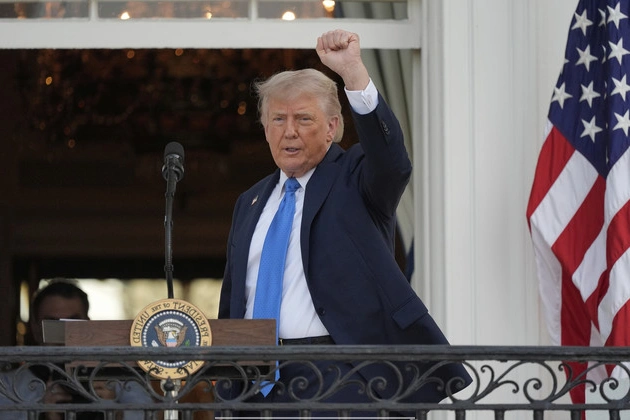
Introduction to Trump’s Travel Ban
President Donald Trump recently announced a significant expansion of travel restrictions targeting several countries due to national security concerns. This decision has sparked debates and raised questions about its implications.
Scope of the Travel Ban
The latest travel ban imposes full restrictions on individuals from countries like Afghanistan, Libya, Somalia, and Yemen, citing challenges in vetting visitors and visa applicants. Additionally, nationals from countries such as Cuba, Venezuela, and Togo face partial limitations on entering the United States.
Background and Rationale
The administration’s move follows months of planning, in line with an executive order issued on the first day of Trump’s presidency. This directive aimed to enhance national security by identifying countries where the vetting process is deemed inadequate and poses risks.
The meticulous planning underscores the White House’s determination to overcome legal hurdles. Trump’s earlier travel ban, which targeted predominantly Muslim nations, faced legal setbacks before a revised version was enforced.
Implications and Controversies
Trump’s latest travel restrictions have stirred controversy and triggered legal challenges. Critics argue that the ban unfairly targets specific countries and undermines America’s values of inclusivity and diversity.
Looking Ahead
As the debate continues, it remains essential to monitor developments related to the travel ban. Regular updates and assessments can provide insights into the policy’s effectiveness and its impact on national security.











